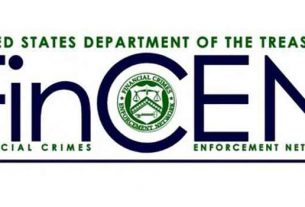The Gaming Regulation Bill was just released in Ireland, and it contains wording that is rather broad and may, among other things, prohibit all kinds of gambling promotion. The passage of this Act will, most importantly, result in the establishment of a regulated online gambling sector in Ireland.
As a result of the prominence of offshore unregulated offers, many Irish players frequently make bets despite the lack of local regulation of internet gambling. There is currently no central authority in Irish legislation charged with overseeing the control of gaming.
Both taxes and a new statutory entity known as the Gambling Regulatory Authority, which will be in charge of regulating the industry, are part of the bill’s proposals.
Anne Marie Caulfield was selected to serve as the chief executive officer designate of the new regulator in September after being nominated for the position by James Browne, the minister of state for law reform, who oversees the bill and is also the primary proponent of the legislation.
Key Focus on Consumer Protection
This measure, which has been sought for a very long time and is very much needed, takes a reasonable approach to striking a balance between the freedom to gamble and the protections that prevent individuals from falling victim to addiction. Operators in the industry and their customers now have a more transparent structure to operate within.
Article 148 of the proposed legislation forbids operators from offering free bets to customers as a way to encourage them to place wagers.
“A licensee to whom this chapter applies shall not offer an inducement to a person to participate, or continue to participate, in a relevant gambling activity,” reads the law.
The law’s wording is written in general terms that might be interpreted to apply to any kind of advertising. Ultimately, it will be up to the Authority and the courts to decide how the term should be interpreted in practice.
Mandatory Levy
An additional key part of the legislation mandates the creation of a “social impact fund” to be supported by a compulsory fee. Several initiatives aimed at promoting responsible and secure gaming will benefit from the funds. Some examples of such activities include conducting studies and educating the general public as well as offering services.
The regulatory authority will have complete discretion over the level of the tax, making it impossible to predict what it will be now.



